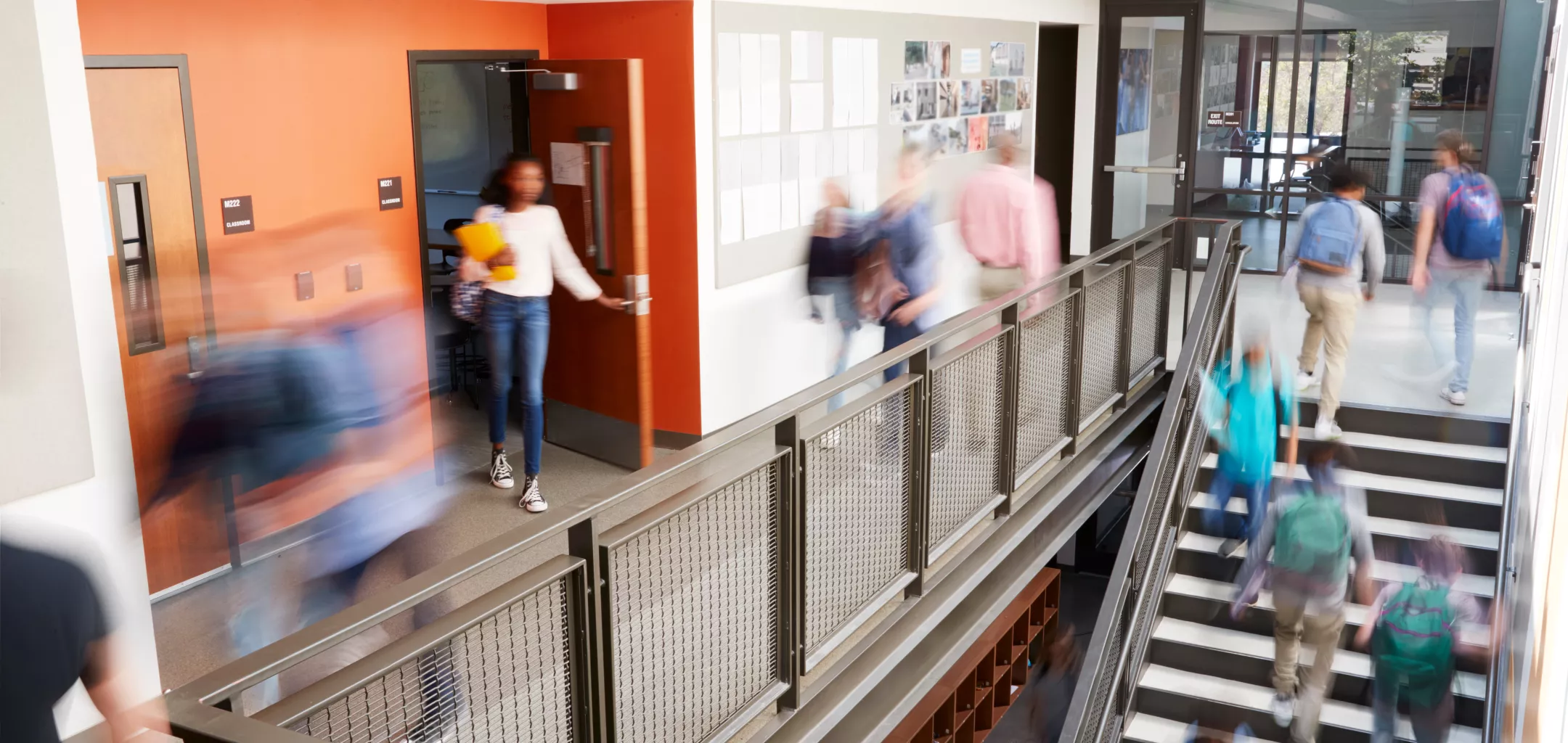Amplifying Voices: Insights from Students and Scholars on Post-Concussion Academic Challenges and Accommodations
2 Mins


There is little doubt that the work that CBIRT and other thought leaders are doing regarding accommodation for students returning to school after a concussion is taking hold in the research and academic world. As a case in point, I was interviewed late last year by Cornell University senior Dylan Keusch, as part of his honors thesis on the topic entitled “THE SILENT EPIDEMIC: HOW CAN DISABILITY POLICY BE IMPROVED TO PROTECT CHILDREN WHO SUSTAIN TRAUMATIC BRAIN INJURY (TBI)?
Last week, Dylan successfully defended his thesis and in doing so, he highlighted much of the work that we have done in Oregon, and that we are currently working to implement in Texas. To say that I was honored that CBIRT’s excellent and innovative work formed a significant portion of his thesis is an understatement.
I will be highlighting various portions of his thesis in future blogs, but I want to start my examination of his work with a few quotes that he obtained from students who suffered brain injuries in high school. I’ll let their words speak for themselves.
Concentration: “This was the first time in my life that I couldn’t… I was physically incapable. It feels like you’re being distracted by 17 different things… I felt like I just didn’t have it anymore” (Anonymous, 2023)
information processing: “I was a lot slower to think of things and pick things up in school. I just had to put a lot more work into, you know, performing the same way I had been doing before in school… I sort of had to relearn how to learn” (Anonymous, 2023)
Memory: “Biology was the death of me… it was just a standard high school class, but because it was a memory-based class… I really struggled. Memorizing all these biological processes… it was the opposite of what I could handle” (Anonymous, 2023)
In addition to these poignant testimonials, Dylan also highlighted some startling statistics as reported by Ransom et al in 2015, as follows:
Among actively symptomatic high school students…
- 63% reported increased time on homework
- 54% reported difficulty understanding material
- 53% reported difficulty studying
- What did students attribute their difficulties to?
- 71% to headaches
- 66% to paying attention
- 52% feeling too tired
- 93% reported having trouble with classes, 27% reported a decrease in grades
Ransom, D. M., Vaughan, C. G., Pratson, L., Sady, M. D., McGill, C. A., & Gioia, G. A. (2015). Academic effects of concussion in children and adolescents. Pediatrics, 135(6), 1043–1050. https://doi.org/10.1542/peds.2014-3434
I want to thank Dylan for his excellent analysis of this important topic. I will highlight more of his work in the future.

